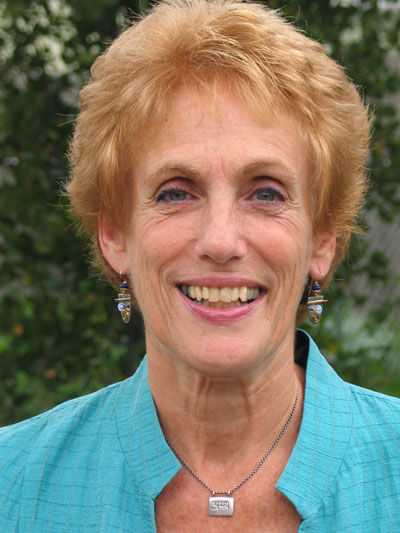I say, “good mother.”
You say, “warm, loving, patient, generous, protecting, wise, how on Earth does she do it” and a whole lot more.
The one word that might not pop up in this free association? “Fired.”
And yet in the United States of America in 2014, being a good mother can cost you your job.
Ask Rhiannon Broschard of Chicago, who was “separated” from her employer after public schools closed because it was so cold, it was dangerous for kids to be outside. Broschard knew that she couldn’t leave her special-needs son home alone and called in to say she couldn’t come into work. Her manager was sympathetic. But the next day, a company representative phoned to let her know she’d been fired for “abusing” their attendance policy. Others had come in; why hadn’t she?
It’s hard to see how being a good mother and safeguarding your child’s well-being gets characterized as abuse.
Or consider Brenda in Milwaukee, who lost her job after giving birth. Her employer has fewer than 50 employees and wasn’t covered by the Family and Medical Leave Act, which would have guaranteed Brenda unpaid, job protected leave for up to 12 weeks to care for her newborn. Although the Pregnancy Discrimination Act says employers can’t fire someone for being pregnant, it doesn’t require them to hold a job while a mother recovers from the delivery unless they do so for other disability-related absences. Treating everyone badly — as they did at Brenda’s workplace — is often perfectly legal.
In fact, nearly one in four workers (PDF) told researchers they’d been fired or threatened with firing after taking time to care for themselves or a loved one.
As Amy Crosby will remind you, many pregnant women wind up jobless because their employer refuses to make a simple accommodation when they’re pregnant. In Crosby’s case, that meant less heavy lifting in her job as a cleaner at a hospital in Tallahassee, Florida. For others, it has meant a stool to sit on or a few extra bathroom breaks.
“Homeless” or “broke” also don’t come to the top of the list when we’re thinking about characteristics of a good mother. But many moms like Shelby Ramirez of Denver find themselves unable to pay the bills after even a few weeks without income because they’re caring for a child or parent, or both.
A lot of words rush to my mind when I hear about situations like these: “outrageous, antifamily, bad for the economy, how have they gotten away with it or so long,” to name a few.
The mothers who’ve lost a job have their own powerful descriptions of that experience. Broschard said it “made me feel disposable, that they didn’t value any of the time I put into the company.” Crosby said the lack of consideration made her feel “hopeless.”
Their experiences have propelled many mothers like Broschard, Crosby and Ramirez to get involved with a movement to win new workplace rules. They have seen or heard about good employers that have these policies, not just because it’s the right thing to do but because it’s good for the bottom line. They lead to better individual and public health and greater financial security for families, businesses and the nation.
But these women also understand that not all companies have good policies, so there must be laws that create minimum protections for everyone. Now they’re fighting for state or national legislation requiring paid sick days, fairness for pregnant workers, expanded access to family and medical leave, and a shared fund to make it affordable.
Their activism has brought these women a new vocabulary they want to pass on to other mothers.
“They probably think just like how I did: We’re (in) a low-paid job, and who’s going to listen?” Crosby said. “I want them to know that they have to stand up and make a change.”
Broschard told me she’s sharing her story “so all the other moms going through similar situations, struggling, going to school, single, not having enough money, (know) you’re not alone. We all struggle, but we’re struggling to make a better life for our children.”
“I want (my son) to know that I didn’t do anything wrong in this situation. I want him to know there are lots of people like Mommy. I want him to know I’m strong and he can follow in my footsteps.”
That’s what being a good mother is.
More To Read
May 19, 2025
A year of reflections, a path forward
Read EOI Executive Director's 2025 Changemaker Dinner speech
March 24, 2025
Remembering former Washington State House Speaker Frank Chopp
Rep. Chopp was Washington state’s longest-serving Speaker of the House
February 11, 2025
The rising cost of health care is unsustainable and out of control
We have solutions that put people over profits

